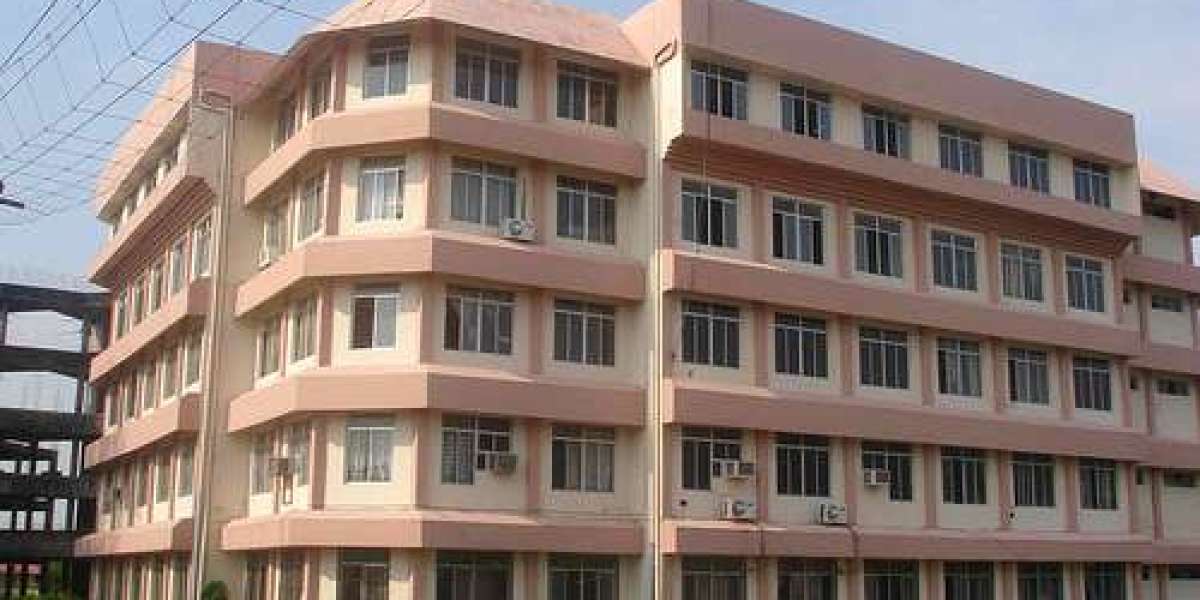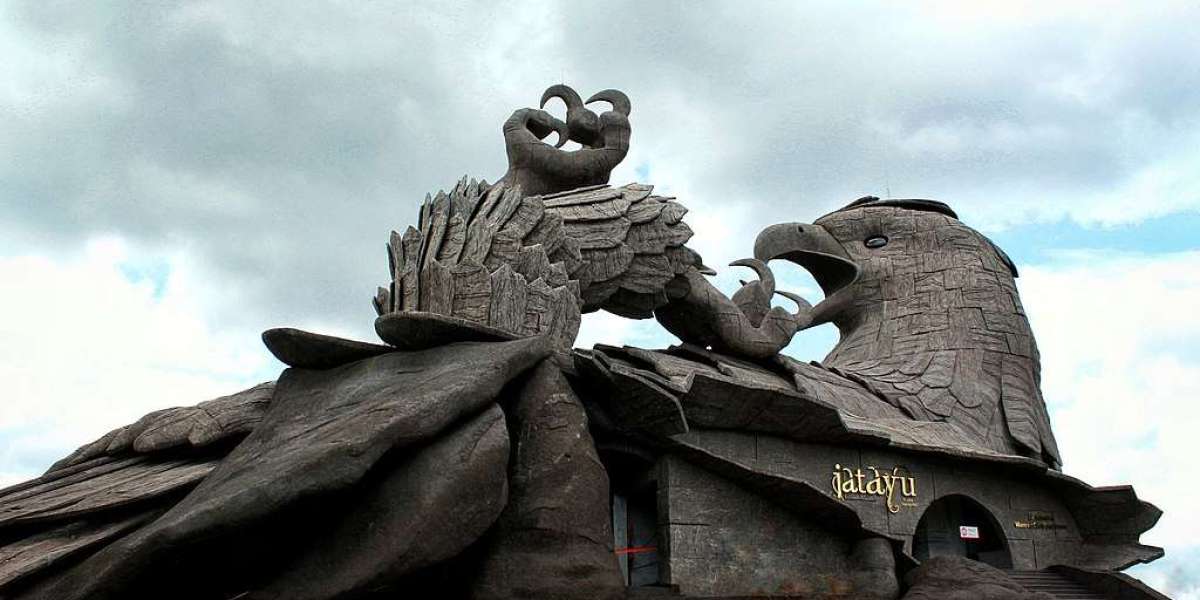Demographics
As per the 2021 electoral roll, the constituency had about 206,858 electors, with a strong female-to-
male ratio of 1,133 females per 1,000 males. Turnout in 2021 was around 69%, slightly down from
73.7% in 2016. The Scheduled Caste population is estimated at 15.4% of electors, and literacy in the
region is about 96.3%, reflecting Kerala’s high educational attainment. Religious demographics
broadly mirror Alappuzha: majority Hindus, with significant Christian and Muslim communities.
Economic Peculiarities
NRI remittances play a key role: many households have family members working abroad,
especially in the Gulf, and this supports local consumption and investments in education and
housing.
Agriculture, particularly rubber plantations in the outskirts and paddy cultivation in
lowlands, remains a vital economic pillar.
Trade, small businesses, and public-sector employment are important—banks, educational
institutions, clinics, shops, and cities like Chengannur benefit from pilgrim traffic during
Sabarimala season. The Chengannur Railway station serves as a key transit point for
Sabarimala pilgrims, boosting hospitality and transport sectors greatly.
Blue economy has a modest role—small-scale inland fishing in panchayat waterways exists
but is not dominant.
Economic Strata
Most residents fall into the middle-income bracket, supported by steady incomes from remittances,
rubber cultivation, agriculture, trade, and small service-based businesses. BPL households exist,
typically in marginalized hamlets dependent on low-yield agriculture. High-income households are a
minority—mostly families with high-earning NRIs, successful rubber plantations, or hospitality
enterprises tied to pilgrim seasons.
Recent Development Activities
In March 2024, local MLA and minister inaugurated infrastructure improvements in 49
government schools, new buildings in two Venmony schools funded at around ₹2 crore, PHC
upgrades in Mulakuzha (₹40 lakh), and road works using MLA development funds (₹8 lakh
for a toilet block).
Under the Navakerala Sadas state program, Chengannur is set to implement the
Mannar–Chengannur heritage project, focusing on preserving and enhancing cultural
infrastructure and linking local tourism to backwater and heritage circuits.
Discussions are advancing on establishing the Chengannur–Pamba rail link, with final
surveys underway—this infrastructure could improve transit for pilgrims and enhance
connectivity to Sabarimala and interior Kottayam.
Chengannur Assembly Constituency is a highly literate, civicminded region strongly anchored in
remittancebacked households, agriculture, rubber plantations, trade, and pilgrimagelinked services.
It supports a largely middleincome demographic, backed by high educational attainment. Recent
investments in school and healthcare infrastructure, cultural heritage corridors, and potential rail
connectivity projects point to continuing inclusive growth, rooted in Chengannur’s fusion of tradition
and transit.







